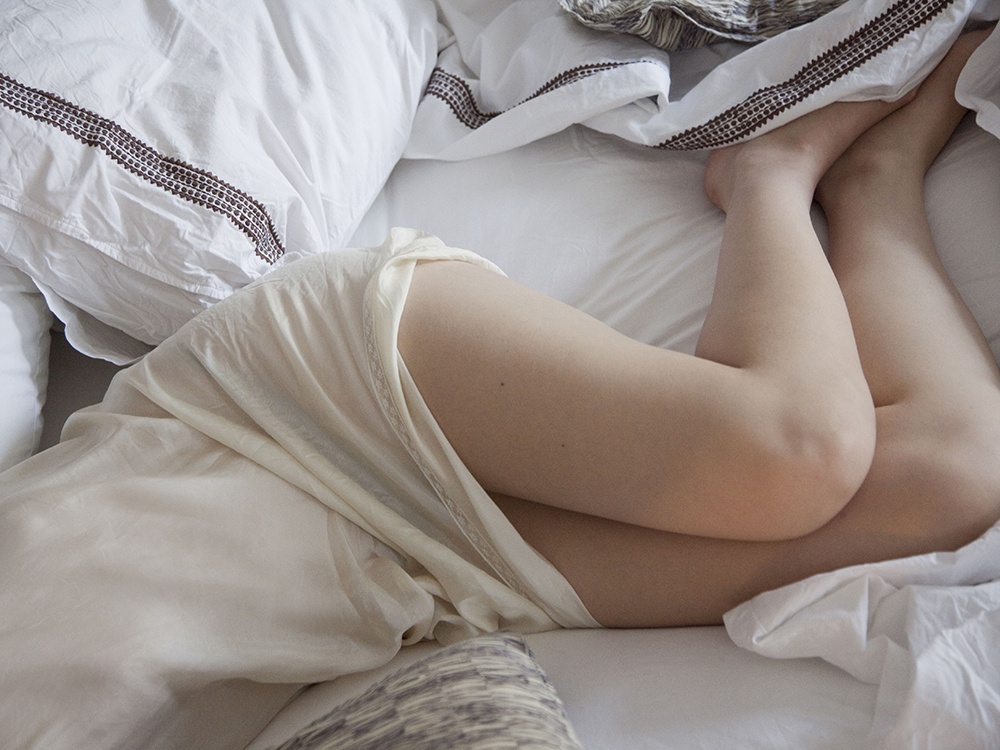This is why you struggle to sleep in a bed that isn't your own
According to science

According to science
Do you struggle to sleep in unfamiliar places? Do you toss and turn all night when staying in a fancy hotel? Do you lie there staring at the ceiling just waiting for dawn to break?
There’s a reason for that. It’s all to do with how our brains are wired.
According to a report from Brown University half of your brain stays alert when you try to catch those Zs in a bed that’s not your own.
Associate professor of cognitive, linguistic and psychological sciences (say that three times fast) at Brown, Yuka Sasaki, said: ‘The left side seems to more awake than the right side,’ concluding this may be why people tend to feel tried after sleeping in a new place.
Saski and her team of researchers studied the brain wave patterns of 35 students, paying particular attention to ‘slow-wave activity’ which appears during deep sleep.
They found that during a student’s first night in the sleep lab slow wave activity was greater in the right side of the brain than the left. After the first night, the difference went away.
Marie Claire Newsletter
Celebrity news, beauty, fashion advice, and fascinating features, delivered straight to your inbox!
In other words, this means the left half of the brain was more alert during the first night, with those studied more likely to wake from slumber than the subsequent nights.
This could be why you’re such a rubbish sleeper, even in the comfiest of beds.
The leading destination for fashion, beauty, shopping and finger-on-the-pulse views on the latest issues. Marie Claire's travel content helps you delight in discovering new destinations around the globe, offering a unique – and sometimes unchartered – travel experience. From new hotel openings to the destinations tipped to take over our travel calendars, this iconic name has it covered.
-
 The 10 best dresses celebrities from Tiffany & Co.'s Blue Book 2025 Gala
The 10 best dresses celebrities from Tiffany & Co.'s Blue Book 2025 GalaCelebrating the brand's marine-inspired collection
By Sofia Piza
-
 These are the 11 cult designer buys of spring 2025—and they're already selling out
These are the 11 cult designer buys of spring 2025—and they're already selling outFrom Miu Miu's must-have cowboy hat to Loewe's latest bag
By Clementina Jackson
-
 Prince William and Princess Kate have announced their 14th wedding anniversary plans
Prince William and Princess Kate have announced their 14th wedding anniversary plansBy Jenny Proudfoot